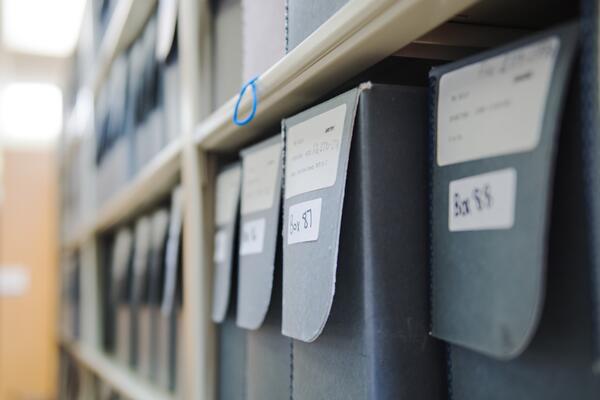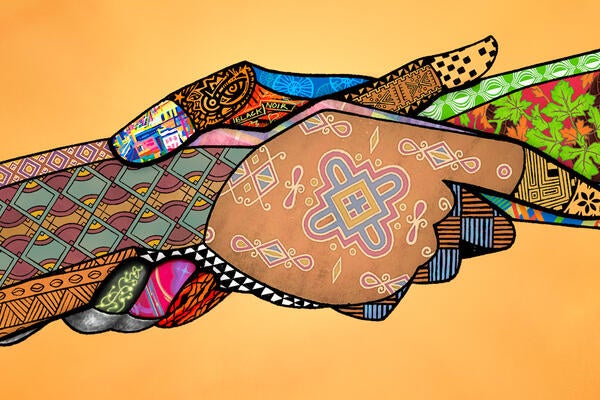
National Philanthropy Day thank-a-thon sparks memories and more
University of Waterloo staff take to the phones to thank donors for their gifts, big and small.

University of Waterloo staff take to the phones to thank donors for their gifts, big and small.
On November 15, more than 100 people from Advancement and 27 other units across campus (including Alumni Council members) made 1,400 calls as part of the University of Waterloo's National Philanthropy Day thank-a-thon.
Donors responded with appreciation — and sometimes surprise. “I spoke to a donor who was thrilled to be thanked and not asked for money,” said one caller. Some calls even sparked new gifts.
During these calls, alumni often spoke fondly of their time at UWaterloo and their commitment to giving back to the University. An optometrist spoke about his desire to support the Waterloo Eye Institute; even though he isn’t an alum himself, he wants to help future optometrists. Another donor shared how she intends to keep her scholarship going, even after she’s “no longer around.”
These conversations are what National Philanthropy Day is all about. It’s not only a time for us to recognize donors, but also a chance to celebrate both their history with the University and the vision that drives their generosity.
On behalf of the Office of Advancement, thanks to the callers who helped donors realize how much their gifts are appreciated. And thank you to our donors, who make UWaterloo a place to be proud of. Together, we’re building the future.

Read more
Upside Robotics secures new funding to accelerate the future of sustainable farming

Read more
Discover the meticulous work that uncovered Black stories on campus and preserved them for the future

Read more
A message from the President and Vice-Chancellor
The University of Waterloo acknowledges that much of our work takes place on the traditional territory of the Neutral, Anishinaabeg, and Haudenosaunee peoples. Our main campus is situated on the Haldimand Tract, the land granted to the Six Nations that includes six miles on each side of the Grand River. Our active work toward reconciliation takes place across our campuses through research, learning, teaching, and community building, and is co-ordinated within the Office of Indigenous Relations.